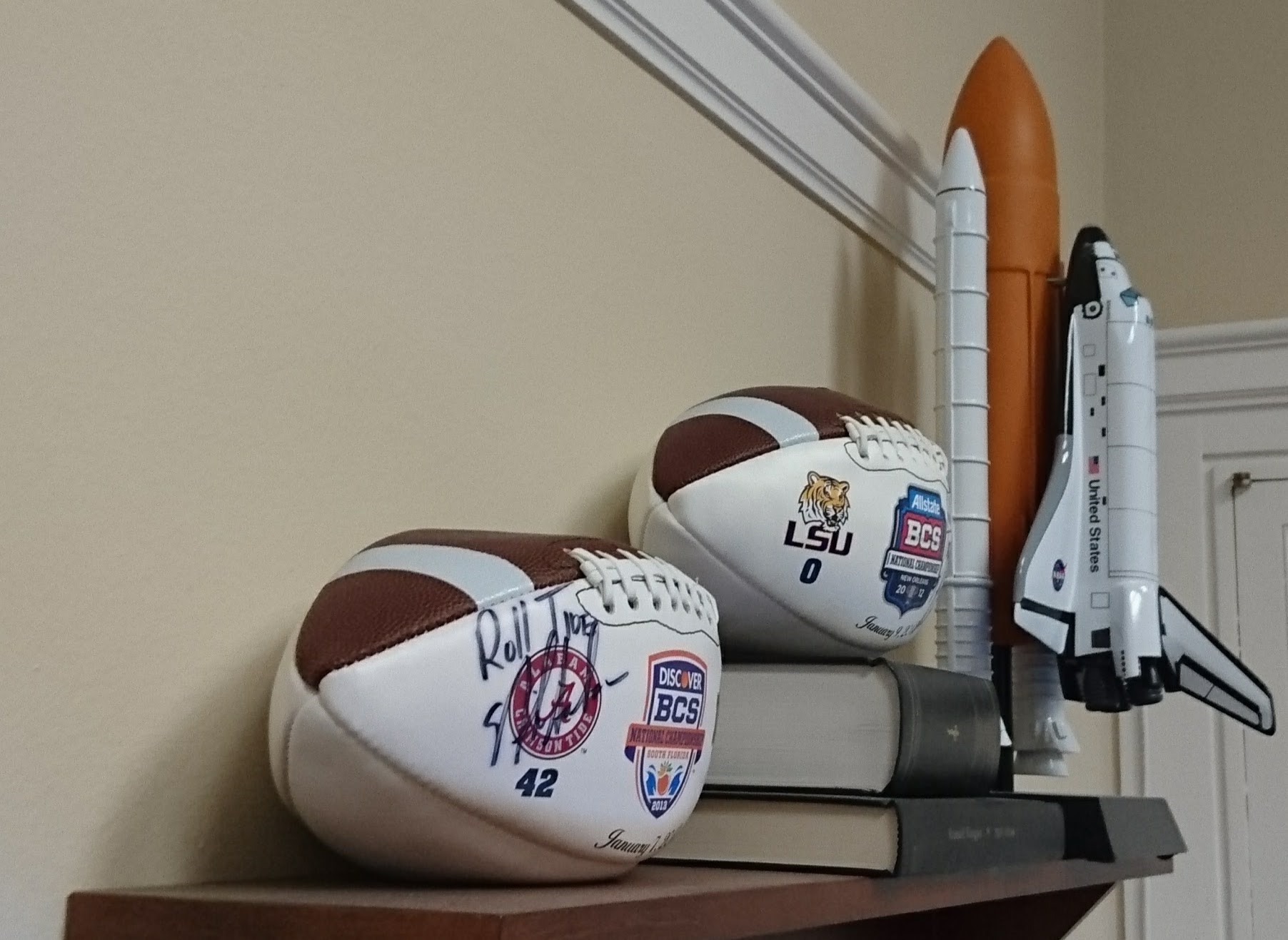August 16, 2017
District Days Series: Have You Talked to your Legislators about Science?
Posted by cbunge
This Bridge post is a part of AGU’s District Days Series. Throughout August, Members of Congress will be back in their home states and districts meeting with constituents. As a part of August recess, The Bridge will highlight voices of AGU members that have been engaged with their legislators both in DC and back at home. Check back with us next Wednesday to hear more stories of AGU members standing up for science! For more information on how to schedule your meeting with your legislator, check out AGU’s District Days website.
Walking into Congressional office buildings, the first expectation may be to find patches of lightning sand. But these are incredibly rare. We’ve seen the residents of these buildings on the Sunday morning news programs as we drink our coffee, and so we expect some flame spurts at least. But it turns out, the vast majority of legislators are honestly doing the best they know. Members of Congress are humans that care about their constituents, even though it may not always appear so. Chances are, your policymakers do want to support science, especially yours! They might not know the details behind how science funding gets to scientists, or that federal support for science results in more than lab coats and elbow patches. Maybe they have an exaggerated idea about the difference between NSF and NASA funded research.
In the midst of this, try to remember how much you might have known about science funding and how it actually made its way to scientists before you relied on it. A legislator’s lack of knowledge can be frustrating, but there are myriad competing issues for Congressional offices to deal with. They generally do not have time to learn how every aspect of every job in their constituency works.
That is why we talk to them. I started regular contact with my policymakers after I participated in the Congressional Visits Days (CVD) for the American Astronomical Society in 2015. It was an enlightening experience and humanized Members of Congress for me. It was surprising to find how genuinely excited to support science some of my legislators were. You are likely to have a similar experience. You may, like me, find that your Senator’s senior staffer in charge of issues related to Defense, NASA, and the Bacon Industry has an impressively strong background in science, and makes sure their immediate employer supports science funding (even when non-NASA science policy is handled by a different staffer). But let me be clear: you will also find some of them are not as receptive, sometimes simply because they forget about the scientists among their ~700,000 constituents. And it is also to them that we must advocate. We must remind them of the value of science, even if it seems they don’t have positive views of it.
It can be surprisingly enjoyable to engage with your legislators. I attempt to keep a steady line of communication open, which can be simple. I set my preferred news aggregator to report stories specific to my policymakers, and email them every month or two, or when an important issue comes up. Many emails go unanswered. Some come back with a quick one-line thank you. Many send a boilerplate response. But some of the time, a Member or their staff genuinely engages. Even when they respond negatively, it is a worthwhile discussion that makes up for the others.
Like myself, you might have a unique challenge to engaging with legislators. I am still in the “early” (read: temporary employment) phase of my career, which means that as soon as I start to build good relationships, I move. I recently participated in the 2017 AGU CVD in my current/new district, and I also found similar results from 2015: some Members of Congress strongly support science, and all love to give it lip-service. Whichever group the legislator belongs in, they often only have only a few people/staffers to rely on for those issues, and (understandably) only sometimes are any of them experienced in science. It is important for our policymakers (and their staff) to have knowledgeable persons in their constituency that they can rely on for science issues. They want a reliable resource they can contact, someone who will give them credit when due, but also *politely* correct them.
With this in mind: especially if you have “stable” scientific employment, now is the time to advocate for science in your district and build positive relationships with your Members of Congress. You can be a voice for science and push for the important support that science needs in the halls of Congress. Believe it or not, you may actually enjoy the connection, and you may even see results. It will certainly humanize all parties involved. I promise they aren’t lizard people.
Adam Kobelski is a postdoctoral researcher at The University of Alabama in Huntsville. His research focuses on observations of the solar corona and chromosphere from millimeter wave radiation to X-rays and in situ observations of the Earth’s magnetotail.


